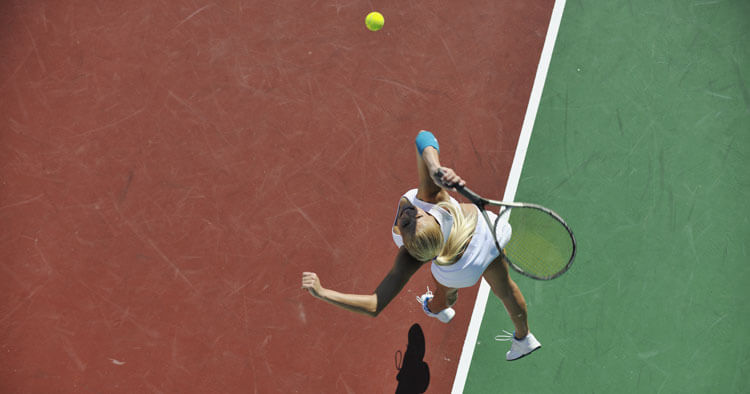Injury Rehabilitation and Training, Muscle Pain and Tendinopathy, Shockwave Therapy, Sports Injuries and Management
Jumpers Knee Treatment And Diagnosis
How Is Jumpers Knee Diagnosed?
Diagnosis of jumpers knee is typically based on the history of the condition and the clinical findings without need for special investigation, however investigations can be effectively used to help in both confirming suspicions around the diagnosis and ruling out other pathology. Imaging typically used when looking at patella tendinopathies include ultrasound imaging and MRI investigations, which are both relatively sensitive with regard to detecting tendon abnormalities, and potentially useful for helping plan or monitor an athletes rehabilitation.
Physiotherapy Treatment For Jumpers Knee
Jumper’s knee can be a tricky condition to treat but in only the most severe, or persistent cases would surgery be considered. The majority of patients with jumpers knee will respond to a conservative management like physiotherapy and medication. Classically patella tendinopathy is a condition managed effectively with physiotherapy treatment, coupled with a combination of activity modification, as well as rehabilitation exercises and appropriate in clinic physiotherapy techniques.
If things are to improve with an athletes patella tendinopathy, then some degree of modification to their activity (load) is almost always required. Meaning, more often than not activities such as jumping, cutting, sprinting, or squatting need to be reduced for a period of time.
As with many tendinopathies eccentric loading exercises are often used to good effect helping to stimulate a healing response in the tendon. Exact rehabilitation exercises prescribed by your physiotherapist can vary, as it depends on individual requirements related to sporting demands and bio-mechanics. Exercises may be focused at improving the athletes isolated joint movement or overall biomechanics, including addressing postural alignment and control exercises, flexibility exercises… In some individuals calf strengthening exercises play an important role, as under performing calf muscles in a jumping athlete can obviously increase the demand placed on the knee in obtaining satisfactory vertical or horizontal jump height / distance.
- Patella Tendon Strap: Often your physiotherapist may prescribe taping techniques, or suggest wearing a jumpers knee strap. Some individuals find such a support can reduce pain and ease the strain on the patella tendon. A jumpers knee strap wraps around the tendon just below the knee, functioning as an off loading device and changing the angle of the tendon against the patella which can work to alter the amount and part of the tendon forces are transmitted to.
- Shockwave Therapy: As with many other tendinopathies, the use of shockwave therapy in chronic patella tendinopathy can be a very effective approach used by physiotherapists. Shockwave therapy can assist through helping kick start the bodies natural healing process and is ideal for treating chronic tendon complaints. At Sydney Physio Clinic we have a shockwave therapy machine which can easily be incorporated into any individuals rehabilitation program.
- Injections: Corticosteroid injections, whole blood injections, as well as platelet-rich plasma injections are all somewhat more invasive options but still considered relatively conservative treatment options. These injections frequently provided by a sports medicine specialist and for best results are also used in conjunction with the conservative rehabilitation approaches discussed above.
Surgery For Jumper’s Knee
Surgery is normally offered as a last resort for jumpers knee. Possible surgical techniques employed can include drilling of the involved patella pole, tendon excision, and resection of the involved pole, as well as a lateral release where small cuts are made at the sides of the tendon to help take the pressure off the middle third of the tendon. Regardless of what the surgical technique used, an intensive rehabilitative physiotherapy program is normally advised following surgery with particular emphasis on the use of eccentric strengthening exercises to help stimulate healing.
Disclaimer: Sydney Physio Clinic does not endorse any treatments, procedures, products mentioned. This information is provided as an educational service and is not intended to serve as medical advice. Anyone seeking specific advice or assistance regarding Jumpers Knee Treatment And Diagnosis should consult his or her orthopaedic surgeon, general practitioner, sports medicine specialist or physiotherapist.


